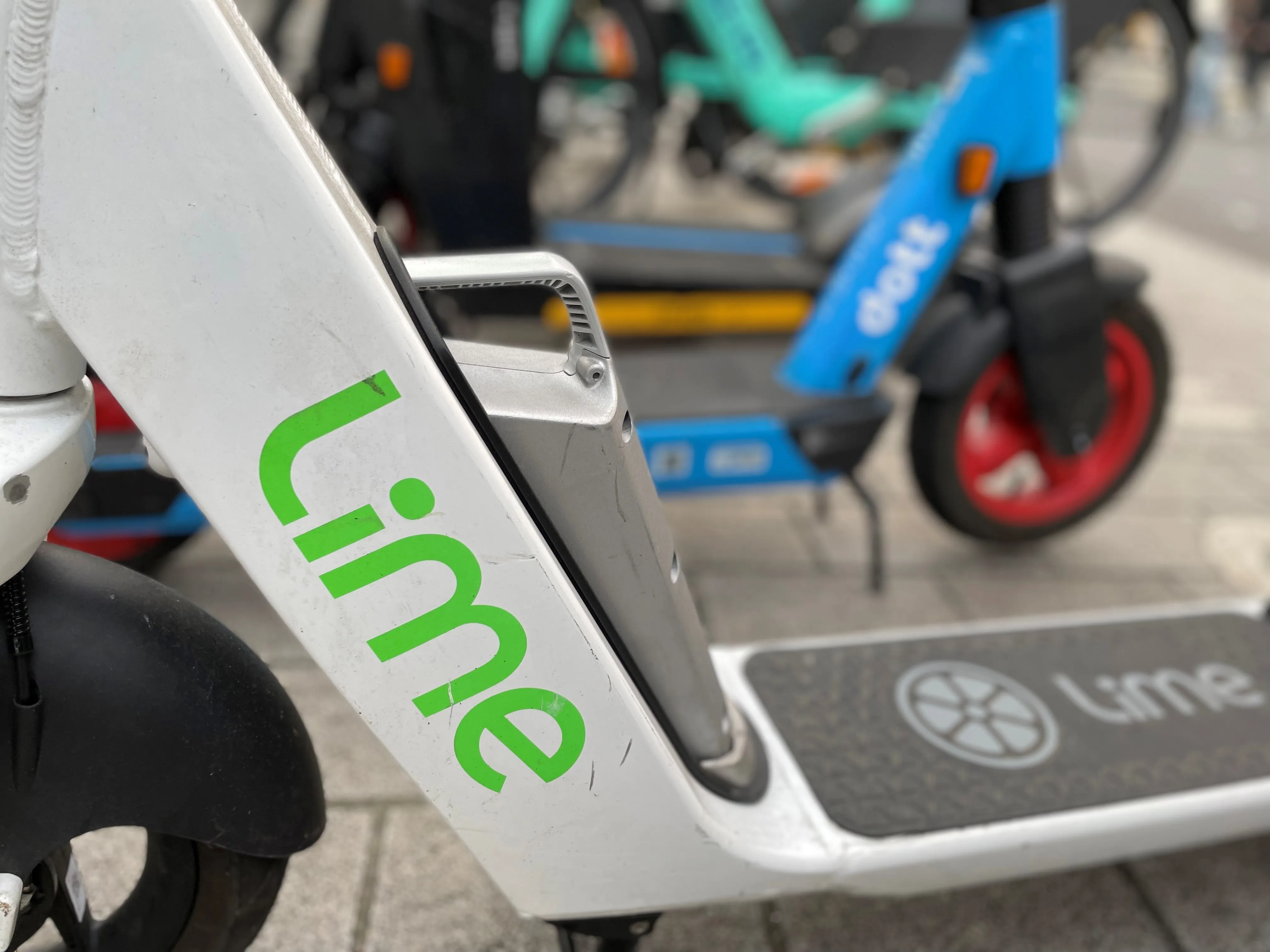Highways England (HE) and Dawson Rentals have entered a partnership to deploy three unmarked HGV cabs that will patrol motorways and main trunk roads after one was used by Police to help catch over 4,000 dangerous drivers in its first two years. The vehicles come with wide angle cameras which are designed with the intention of capturing unsafe driving behaviour.
These cabs allow police officers to film evidence of dangerous driving by pulling up alongside vehicles, whose drivers are then pulled over by police cars following behind.
28 police forces have taken part in the HGV cab safety initiative since it began in April 2015, and have pulled over 4,176 drivers in relation to 5,039 offenses. In addition, nearly two thirds of drivers who were stopped were illegally using a mobile phone while driving.
The vehicles are equipped with a derestricted speed limiter, enabling officers to travel at speeds up to the national limit as well as flashing lights which can be used in an emergency.
Richard Leonard, HE’s head of road safety, said: “We’ve found that the vast majority of drivers are sensible behind the wheel but a few have got into bad habits, or are simply ignoring the law and putting themselves and others at risk. We’ve therefore decided to fund two extra unmarked HGV cabs to continue to target dangerous driving on England’s motorways and major A roads, improving safety for everyone.”
Highways England to deploy three HGV cabs to tackle unsafe driving
Highways England (HE) and Dawson Rentals have entered a partnership to deploy three unmarked HGV cabs that will patrol motorways and main trunk roads after one was used by Police to help catch over 4,000 dangerous drivers in its first two years. The vehicles come with wide angle cameras which are designed with the intention of capturing unsafe driving behaviour. These cabs allow police officers to film evidence of dangerous driving by pulling up alongside vehicles, whose drivers are then pulled over by
February 13, 2018
Read time: 2 mins








